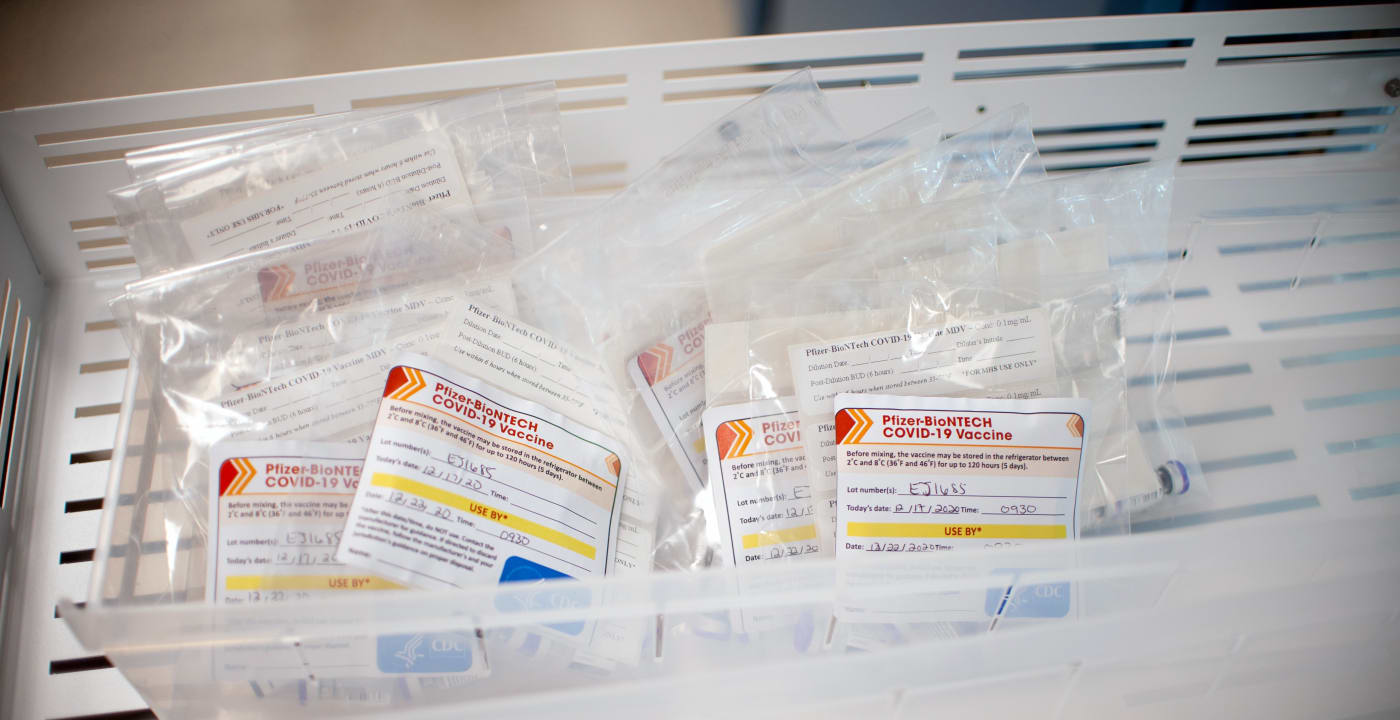Vaccines vs. immunity from previous infection: CDC study offers important clues about how best to protect yourself from COVID-19

Approximately 60 percent of Americans have rolled up their sleeves to receive a COVID-19 vaccine and are currently fully vaccinated. Yet if you’ve already had and recovered from the virus, is it still necessary to get vaccinated? A recent study published by the Centers for Disease Control and Prevention (CDC) points to yes. Getting vaccinated provides the best protection (or immunity) from COVID-19, whether you have had a previous infection or not.
How immunity works
Immunity refers to the body’s ability to defend against invaders such as viruses. One of the keys to building immunity are tiny proteins called antibodies. Antibodies recognize and attach to viruses, prompting the immune system to attack and destroy these invaders, helping to keep us healthy.
The immune system produces antibodies in two ways: after experiencing an infection (sometimes referred to as developing natural immunity) or receiving a vaccine. In recent months, controversy has swirled about which method provides the highest level of protection, and that’s what the investigators of this study intended to find out.
Study basics
Researchers examined the medical records of more than 7,000 adults across nine states who were hospitalized for COVID-19 symptoms from January to September 2021. The hospitalizations were among people who:
- Were 18 years of age or older
- Received COVID-19 laboratory testing within a specific timeframe surrounding their hospital admission
- Had undergone COVID-19 testing at least one other time since Feb. 1, 2020
The research team then compared the odds of receiving a positive COVID-19 test result among the following two groups:
- Unvaccinated patients who had been infected with COVID-19 three to six months before their hospitalization
- Patients who had been fully vaccinated with an mRNA vaccine (Pfizer or Moderna) three to six months before their hospitalization and had no previous documented COVID-19 infection
Patients who had received the Johnson & Johnson vaccine were not included in the study due to the limited availability of data.
The unvaccinated are more likely to be re-infected
The study results showed that unvaccinated people who had recovered from a recent COVID-19 infection were five times more likely to test positive for the virus again than those who had no prior history of infection and had been fully vaccinated with the Pfizer or Moderna vaccine.
The researchers also found that the protective effect of vaccination was highest for those in the 65 and older age group. In addition, the Moderna vaccine appeared to provide a higher level of protection than Pfizer.*
What these study results mean for you
Research about long-term immunity from vaccines and previous infections is ongoing. However, here’s the important takeaway from this study: The Pfizer and Moderna vaccines provide a more robust, consistent level of protection against COVID-19, for at least six months, than immunity from previous infection alone.
Even if you have already had COVID-19, it’s still important to get vaccinated because it provides the most protection from re-infection. The vaccines have also proven effective at helping patients avoid severe COVID-19-related health complications, some of which can be long term.
If you’ve already been fully vaccinated, follow recommendations for COVID-19 booster shots. Learn more about scheduling vaccine appointments at MultiCare.
*It’s important to note that all three vaccines available in the United States have been shown to provide strong protection against serious illness and hospitalization.



